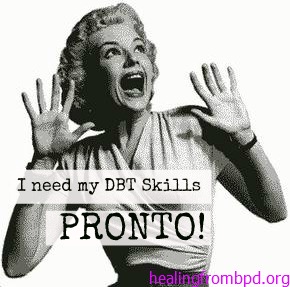Bad Amazon Reviews and what they reveal about people (and about me)
About 2 weeks ago, I got another 1 star review on Amazon for my book When Hope is Not Enough. When I read that review, I realized that many people don’t understand my book well. Perhaps it’s my writing or perhaps it’s in their reading. I certainly know that my book will not just tell you what you want to hear about your loved one with borderline personality disorder (BPD). If you want to be validated and hear what you’d like to hear about being a victim of someone with BPD, I’d suggest you read Stop Walking on Eggshells. That was the book I read at the beginning of the realization that my wife had BPD. It’s a really good book for Non-BPDs who are angry and looking to be vindicated for the behavior of their borderline. It’s not such a good book if you’re determined to stay with your partner or if you have to parent someone with BPD. My book is not for a person that needs to be right more than they wish to be effective.
One thing I have been saying a lot around here and in my Internet group is: “I don’t excuse behavior. I try to explain behavior.” This is where the notion that emotional dysregulation and “it’s all about his/her feelings” (IAAHF) with which the critics of my techniques have such a problem. The thing is: these critics don’t understand that when they pick up my book, those two things explain why someone with BPD would behave in the manner that they do. Emotional dysregulation is the hallmark of the disorder. Marsha Linehan has even tried to have the name of the disorder changed to something like “Emotional Regulation Disorder”. So, emotional dysregulation is not an excuse. It’s just the way these people are. They have poor emotional regulation skills. I think it’s better to know what you’re dealing with rather than to not accept it and try to fit reality into your view of how things are supposed to be.
As for IAAHF, many of my critics point to that and say “What about MY feelings!!!!” The intention of IAAHF has nothing to do with the overall relationship or about your emotional health and well-being. IAAHF helps explain the motivation behind the behavior. That is, the behavior is motivated by this person’s emotional responses to the world around them. I don’t recommend “walking on eggshells” to avoid triggers. What I recommend is that you get a clearer view of what is the cause of the behavior (the dysregulated emotions) and work on that. In my experience, if the emotions are not there, the behavior is not there.
